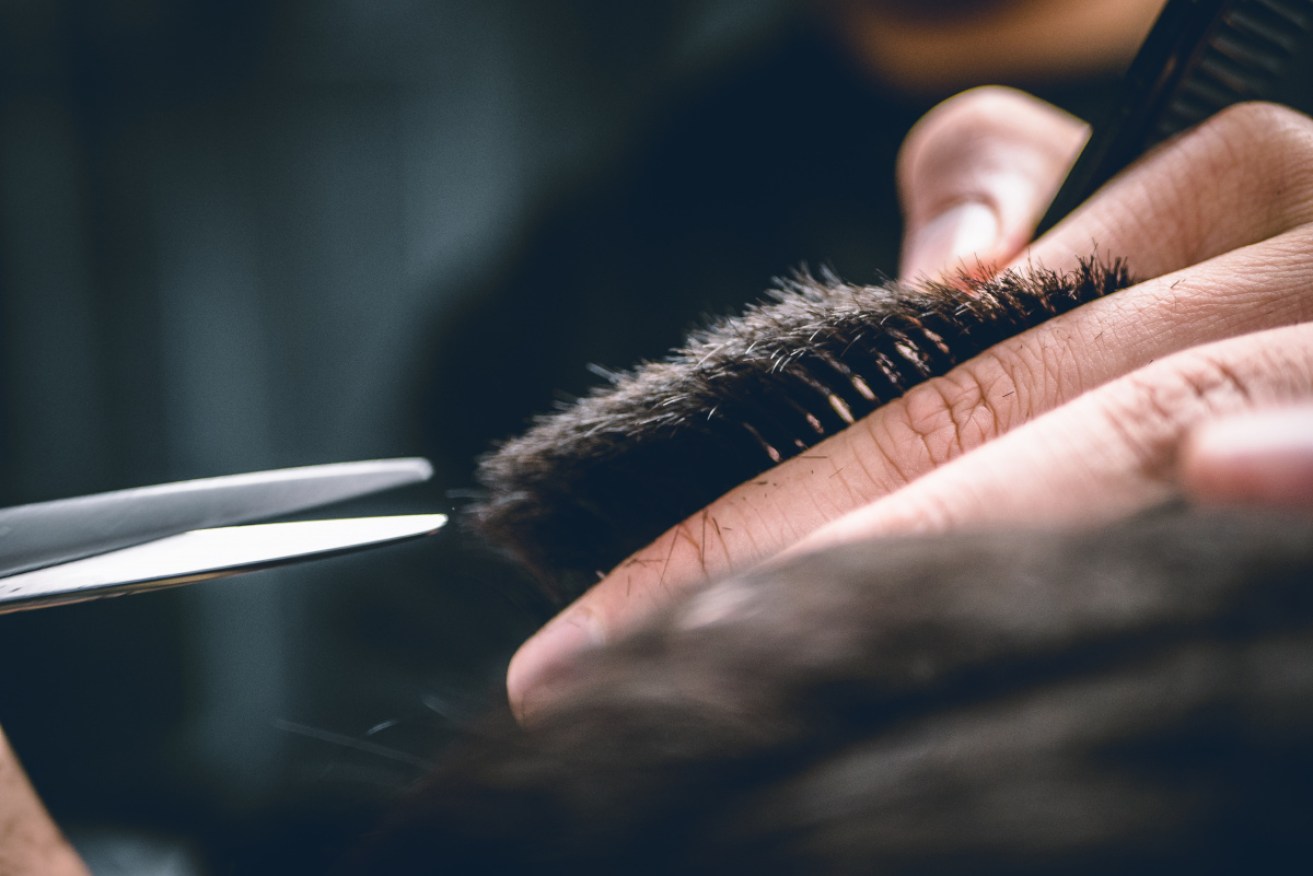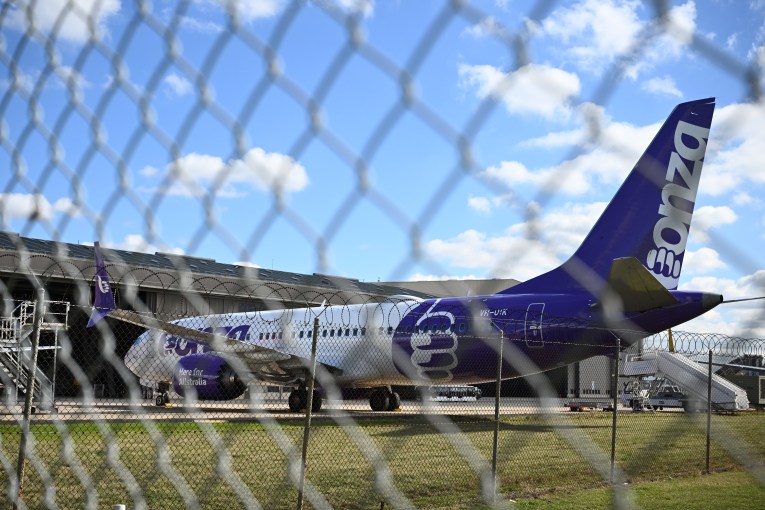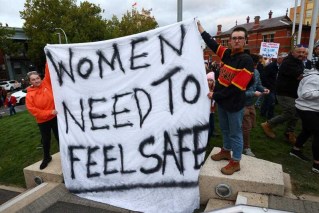The untrained workers on the front line of Australian domestic violence ‘pandemic’


Hairdressers say they are on the front line, with little help. Photo: Getty
Hairdressers and beauticians around the country say they are on the front line of Australia’s domestic violence pandemic and often forced to improvise to keep clients and themselves safe.
Sonia Colvin has been a hairdresser for 36 years and says salon workers are uniquely positioned to help connect those fleeing family violence or elder abuse to services.
Over her career, the Bribie Island businesswoman said she has helped 188 clients flee family violence.
“There was a young girl – her grandmother was a client of mine – she rang me in tears because her granddaughter’s partner had tried to kill her. She had two kids,” Ms Colvin told The New Daily.
“I rang the local centre for domestic abuse, who gave her clothes for the kids, food and helped her find accommodation.
“Afterwards, the granddaughter said if it wasn’t for us, she would have definitely gone back.”

Sonia Colvin has been a hairdresser for 36 years.
Another client spent months bringing to the salon small belongings, such as pot plants or bric-à-brac, that she wanted to keep in preparation for leaving her abusive partner.
“Every time she came down the street she brought something she wanted to keep. I stored them till she left him,” Ms Colvin said.
“She was here yesterday. She’s as happy as Larry. She’s got all her own things in her own house.”
Nine years ago, Ms Colvin and a group of domestic violence experts started developing training models for those on the front line: Salon workers, massage therapists, tattooists, barbers, real estate agents and financial planners – anyone who may be in a position to discreetly help.
She will launch the program in a few weeks but stresses that she’s not turning hairdressers into psychologists.
“Once upon a time, when one of the clients would tell me they’re being abused, I would feel sick at night time, worried,” Ms Colvin said.
“Now I know I’ve given them the details, I can act and help.
“Hairdressers aren’t the answer, but they are the link. We’re not training them to be domestic violence workers, we’re empowering them to help.”
In Victoria, home of Australia’s toughest coronavirus lockdowns, family violence incidents have reached a record high.
Some 88,214 family violence-related incidents have been reported during the past 12 months, according to data from Victoria Police and the Crime Statistics Agency.
That’s an increase of 6.7 per cent from the previous 12-month period.
Dr Hannah McCann, cultural studies lecturer at the University of Melbourne, has spent two years interviewing hairdressers and beauticians across the country.
She says every single one of them has experienced clients talking about distressing personal topics or family abuse.

Every hairdresser interviewed said they have had to navigate difficult conversations.
“Every one had heard disclosures of family violence, mental health issues, suicidal ideation, marriage breakdown, sexual violence and terminal illness,” Dr McCann said.
“So many things are heard in the salon space.”
It’s the intimate nature of the work and often the trust that is developed between clients and salon workers that lends itself to people revealing personal information, she said.
“[Salon workers] are an intimate stranger. They’re like a friend who is removed from you. They’re touching your hair, or your face, or legs,” Dr McCann said.
“It’s not like going to the doctor or a therapist, it’s less stressful. So people will be more likely to open up in a relaxed way.”
But the lack of support, resources and training for these workers means they are not only carrying a huge emotional burden for themselves, but if they say the wrong thing, it could have disastrous consequences, Dr McCann said.
“If the salon worker says the wrong thing it can be really dangerous,” she said.
“For example, if someone discloses that their partner is violent and the salon worker encourages them to leave them, that’s actually a really dangerous thing for someone to do without any kind of support.”

Peak bodies are calling for more resources to help salon workers.
Small training programs are currently being carried out in regional Victoria and NSW, teaching staff to recognise the signs of domestic violence and help people connect to the right services.
But Australian Hairdressing Council CEO and owner of Suki hairdressing in Newcastle, Sandy Chong, said a dedicated national program was needed.
“Some say we don’t have the skill sets, but we’re not saying we do. What we have is the relationship and the trust,” she said.
In her 36 years of hairdressing, she has had to help clients suffering severe mental health issues several times.
She said training around mental health first aid and helping those suffering family violence should be subsidised as part of the training for salon workers.
“If I was going to say what needs to be done, it would be great to have the course subsidised so that businesses owners could encourage their employees to do these courses and not at a great cost.”
Family and domestic violence support services
1800 Respect National Helpline: 1800 737 732
Women’s Crisis Line (NSW): 1800 656 463
Safe Steps Crisis Line (Vic): 1800 015 188
Men’s Referral Service: 1300 766 491
Lifeline (24-hour crisis line): 131 114
Relationships Australia: 1300 364 277








